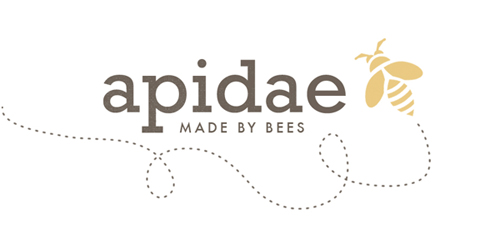We've all read that honey is good for us. Here's a refresher on why...
1. Honey contains anti-oxidants which could help prevent some cancers and heart disease.
2. "All honey is antibacterial because the bees add an enzyme that makes hydrogen peroxide," said Peter Molan, director of the Honey Research Unit at the University of Waikato in New Zealand.
3. Ancient Olympic athletes would eat honey and dried figs to enhance their performance. More modern studies have shown that honey does help athletes recover quicker than other sugars.
4. The best part of having a cold is that teaspoon of honey to relieve a scratchy throat.
5. Honey does contain simple sugars but it's exact combination of fructose and glucose actually help the body maintain it's blood sugar levels.
6. Got a burn? Honey helps here too.
But are all honeys created equal? Of course not. It depends on where the bees gather their pollen and nectar. Have you heard about this super honey called Mānuka honey? It has been touted as fighting up to 80 different types of bacteria. Honey is antibacterial because it contains naturally occurring hydrogen peroxide. Mānuka honey contains methylglyoxal (MG) as its major antibacterial component. Most honey contains small amounts of MG but the high quantity of MG in Mānuka honey (gained by the conversion of dihydroxyacetone found in Mānuka flowers) gives Mānuka honey its strong antibacterial power.
To be labeled Mānuka honey, at least 70% of the pollen must come from the Mānuka tree which grows uncultivated in New Zealand. It is described by the New Zealand honey industry as having a "damp earth, heather, aromatic" aroma and a "mineral, slightly bitter" flavor. Mānuka honey is very dark in color.

Honey producers have developed a scale called UMF (Unique Mānuka Factor) to determine just how potent the honey is. Not all honey labeled Mānuka contains high quantities of MG. To be considered therapeutic, the honey must have a minimum score of 10UMF.
But buyer beware! Due to it's high cost, much of the Mānuka honey found on the market is either counterfeit or adulterated. According to research by UMFHA, the main trade association of New Zealand manuka honey producers, 1,700 tons of manuka honey are made in New Zealand annually representing almost all the world's production. However some 10,000 tons of produce is being sold internationally as manuka honey. Those numbers just don't seem to add up.

So high is the demand, New Zealand honey producers have resorted to using helicopters to locate manuka trees in the forest before setting up their hives. Many hives have been stolen or sabotaged. And because of its high price, one supermarket chain in England has put security tags on the jars to prevent shoplifting.
However, despite all of the positive reports on Mānuka honey, evidence is limited on its effects.
But I'm curious to try a $30 jar of honey. And you?
